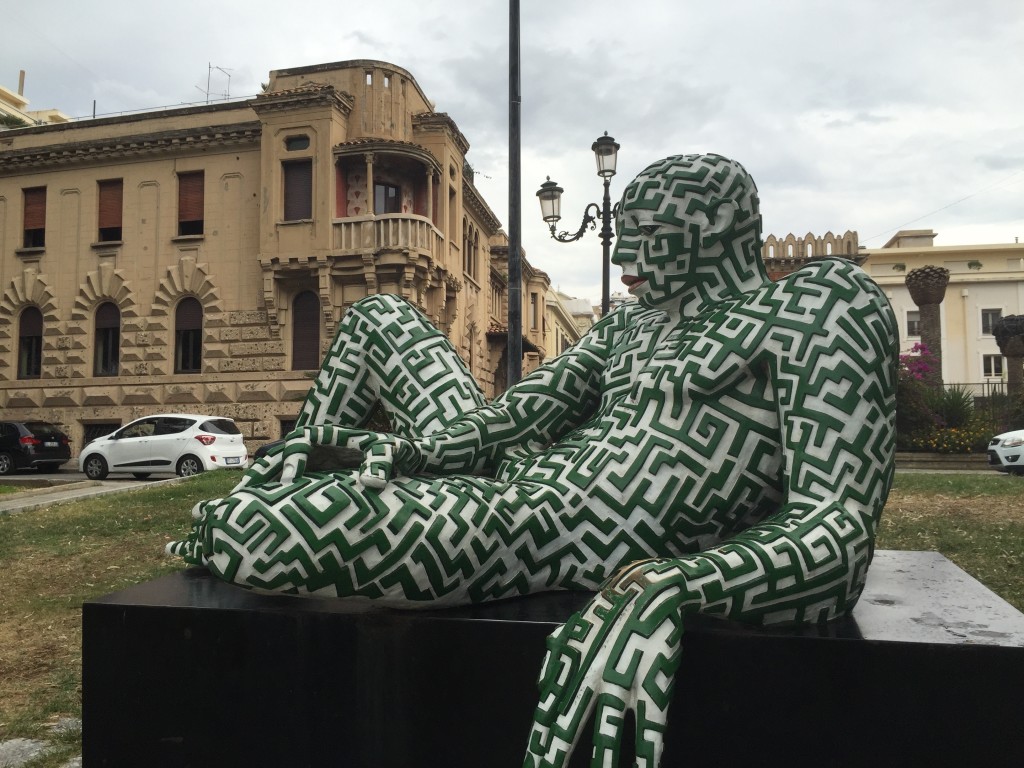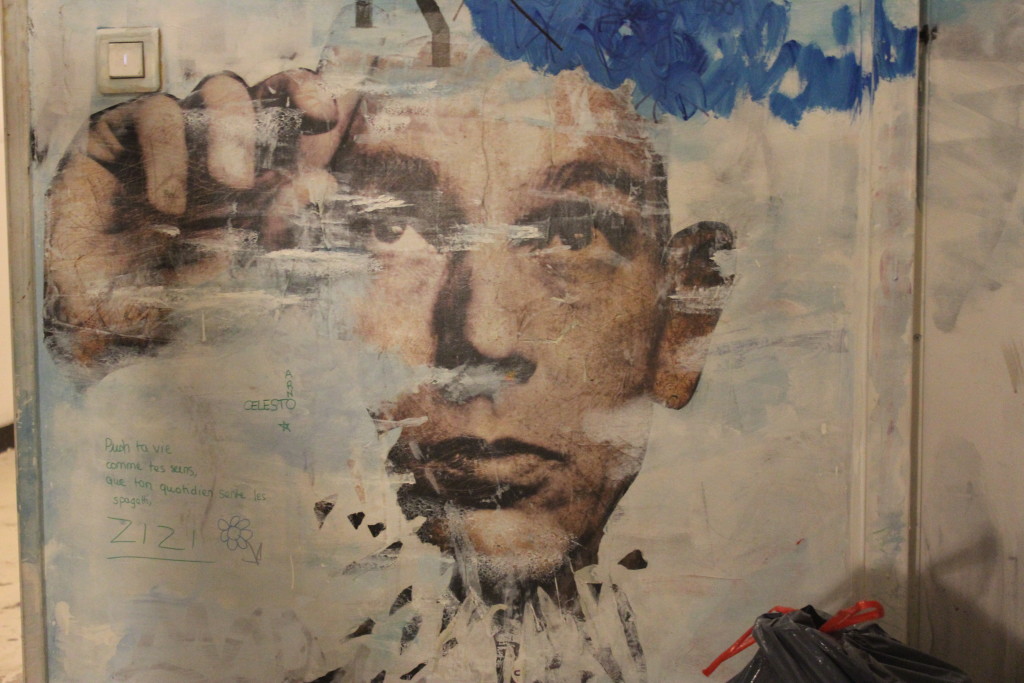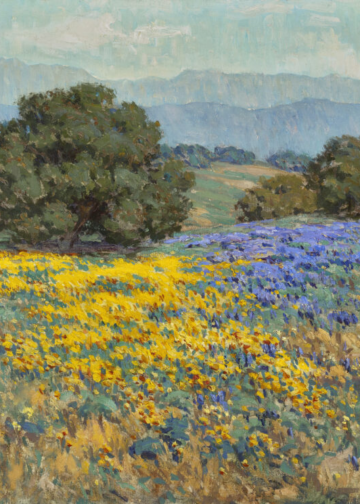Translated from the Italian poetry collection “La grazia di casa mia”, Rediviva 2013, by Donald Stang and Helen Wickes, reviewed by Pina Piccolo.
UNEXPECTED PARADIGMS
A literary critic from São Paulo,
reflecting on Brazilian song
of the twentieth century
said that the secret
of its popularity
was the substantial presence
of unexpected paradigms
in the lyrics.
The unusual juxtaposition,
surprising,
and sometimes even bizarre,
of two nouns, of two things
which never ought
to appear together,
like tumor and diamond,
petal and lead.
Each of these paradigms
could cause
a brief and benevolent
mental short-circuit.
So then I think of the new century,
the one of pre-emptive wars,
of the rogue state,
of bombs blasting
in the name of liberty.
Welcome to the kingdom
of unexpected paradigms!
Please make yourself at home,
ass and metaphysics,
nice and spread out
on these muddied, chaste sheets.
You can expect to receive rocks thrown
and masked frenzies,
and they will take from you
hypothalami and harpoons,
while supplies last
in the utter season of pain.
Poor Brazilian song,
poor Chico Buarque,
Gil,
Noel Rosa and Caetano,
Jobim,
João Gilberto.
Their winning
rhetorical strategy
has become
the daily dalliance
of the new sensibility.
But the game goes on.
The possible conspiracies
are infinite.
Let’s shuffle the words
one more time:
The strategy of the tumor
of well-fed Chico Buarque
has become
the lead harpoon
of chaste liberty.
The rogue nouns
of the short-circuited century
are unexpected stones,
are pure mental mud
disguised
as rhetorical diamonds.
I PARADIGMI IMPREVISTI
Un critico letterario di São Paulo,
ragionando sulla canzone brasiliana
del Ventesimo secolo
diceva che il segreto
del suo successo popolare
era la nutrita presenza
dei paradigmi imprevisti
nelle parole.
L’accostamento insolito,
sorprendente,
e a volte anche bizzarro
di due sostantivi, di due cose
che non dovrebbero mai
comparire insieme
come il tumore e il diamante,
il petalo e il piombo.
Ognuno di questi paradigmi
potrebbe causare
un breve e benevolo
cortocircuito mentale.
Allora penso al nuovo secolo,
quello delle guerre preventive,
dello stato canaglia,
delle bombe esplose
per la libertà.
Benvenuti nel regno
dei paradigmi imprevisti!
Accomodatevi pure,
culo e metafisica,
per favore, larghi
sulle caste lenzuola di fango.
Vi aspettano sassi
e febbri mascherati,
vi saranno sottratti
ipotalami e arpioni
fino all’esaurimento scorta
della pura stagione del dolore.
Povera canzone brasiliana,
poveri Chico Buarque,
Gil,
Noel Rosa e Caetano,
Jobim,
João Gilberto.
La loro strategia
retorica vincente
è diventata
il cane quotidiano
della nuova sensibilità.
Ma il gioco non si ferma.
Sono infinite
le cospirazioni possibili.
Rimescoliamo le parole
ancora una volta:
La strategia del tumore
del nutrito Chico Buarque
è diventata
l’arpione di piombo
della casta libertà.
I sostantivi canaglie
del secolo cortocircuito
sono sassi imprevisti,
sono puro fango mentale
mascherato
di diamanti retorici.
MUSIC
I was waiting for a film to start
in front of the wrong cinema.
I was alone,
there wasn’t a line,
and the evening was darkening.
I was sitting on the steps
next to the statue of Puccini,
who was also seated,
in an armchair.
He held a cigarette
between his fingers.
I too would like to smoke,
but I gave it up
ten years ago.
Once
in a piazza in Rio
they unveiled
a bronze bust
of a friend of mine.
I saw it by chance,
while crossing distractedly.
And what a fright!
It was him
but with vacant eyes
and an enormous brown head
which just at that moment
was being soiled by a pigeon.
My poor friend,
poor Pedrosa,
what have your admirers
done to you?
By then I had realized
that it was the wrong theater.
But something held me
in that deserted piazza,
in the dusky twilight
which skimmed the windows.
All of a sudden,
and slowly walking backwards,
a tall man
with white hair,
arrived.
He was looking at the sky, the chimneys,
and he was smiling ecstatically.
When he noticed me
he said softly:
“It’s the nightingale.
It will sing like this
all night long.”
Only in that moment I understood
why I was still waiting
in front of a closed portal,
why I wanted to
talk with Puccini,
why I had not moved
from my steps.
Beauty
had entered in me.
A gentle intoxication
of music.
A dizziness,
a lethargy,
a torpor in the air.
Hidden in an opening,
or between the roof tiles,
the little bird
holds dominion.
When I was a child
they would tell me
the legend of the uirapurú:
a tiny bird
of the Amazon.
When it sings the jungle
falls completely silent,
and the jaguar doesn’t roar,
the monkeys don’t scream,
not a single nut falls
through the foliage.
And night descends
on the piazza.
Descends on Puccini
and on all the music,
on the white hair
of the childlike man,
descends on my skin,
on everything down here,
on a world
that has chosen metal,
the sharp edges hidden by the darkness,
as its setting.
A world without a libretto.
Night descends,
but the Tuscan uirapurú
is still singing.
So let the curtain
of great night descend.
From your undiscoverable cranny
let this jungle be silenced.
As I am tired,
let silence fall on me as well.
MUSICA
Aspettavo l’inizio di un film
di fronte al cinema sbagliato.
Ero solo,
non c’era nessuna fila,
e s’incupiva la sera.
Ero seduto sullo scalino
accanto alla statua di Puccini,
anche lui seduto,
su una poltrona.
Aveva tra le dita
una sigaretta.
Vorrei fumare anch’io,
ma ho smesso
dieci anni fa.
Un tempo
avevano inaugurato
in una piazza di Rio
un busto di bronzo
di un mio amico.
L’ho visto per caso,
attraversando distratto.
E che spavento!
Era lui
ma con gli occhi vuoti
e una enorme testa marrone
che proprio in quel momento
era imbrattata da un piccione.
Povero amico mio,
povero Pedrosa,
cosa hanno fatto di te
i tuoi ammiratori?
A quel punto avevo già capito
che quello era il cinema sbagliato.
Ma qualcosa mi inchiodava
a quella piazza deserta,
al crepuscolo bruno
che lambiva le trifore.
E all’improvviso,
camminando a ritroso,
lentamente è arrivato
un uomo alto
con i capelli bianchi.
Guardava il cielo, i comignoli,
e sorrideva estatico.
Quando si è accorto di me
ha detto piano:
“È l’usignolo.
Canterà così
per tutta la notte.”
Solo in quel momento ho capito
perché aspettavo ancora
davanti a un portone chiuso,
perché volevo
discutere con Puccini,
perché non mi ero mosso
dal mio scalino.
Era entrata in me
la bellezza.
Un’intossicazione
benigna di musica.
Uno stordimento,
una spossatezza,
un torpore nell’aria.
Nascosto in una feritoia,
o tra le tegole,
il piccolo uccello
domina.
Da bambino
mi raccontavano
la leggenda dell’uirapurú:
uccello minuscolo
dell’Amazzonia.
Quando canta la giungla
fa un silenzio assoluto,
e non ruggisce il giaguaro,
non urlano le scimmie,
non cade nessuna noce
sopra il fogliame.
E scende la notte
sulla piazza.
Scende su Puccini
e su tutta la musica,
scende sui capelli bianchi
dell’uomo bambino,
scende sulla mia pelle,
su tutto quello che ci sta sotto,
scende su un mondo
che ha eletto il metallo,
gli spigoli nascosti nelle tenebre
a suo scenario.
Un mondo senza testo.
Scende la notte,
ma canta ancora
l’uirapurú toscano.
Fai scendere tu allora
il sipario della grande notte.
Dal tuo introvabile anfratto
fai zittire questa giungla.
E fai zittire anche me,
che sono stanco.
ELECTIVE AFFINITIES
So that my friends
might love me more
perhaps I should stop
writing about them
(or writing about anything).
So that they might love me
madly,
and unconditionally,
I simply have to
abandon my native land,
change my language,
give up very young women,
change my ideas about everything,
resign myself to the free market,
to things the way they are,
quit drinking,
smoking whatever,
quit criticizing
noteworthy people,
sleep less,
and quit
the pleasures of sex.
If only I knew how much
my friends love me!
(I know that they could
love me even more).
I must take care
not to be controversial,
not to commit little slights
(neither to them
nor to anyone),
not to say no,
never to contradict them,
nor ever to reveal
their lies
(but there are so many…
how will I ever
remember them all?).
Ah, my friends
my earthly treasure!
What a privilege
to have them always near,
and above and below and inside.
I must guess
their most hidden
desires,
their whims,
their prejudices,
so that
warmed, reassured,
their love may continually grow.
Then you will be the lucky one,
the lake where all
the rivers meet
with their mighty affection
pressing up against the banks.
Ah, the friends!
What an orgy
of opinions,
how many veiled threats
behind their advice,
how much abandonment
in their disappointed silence.
So that they may love me more,
these friends of mine,
I would do anything.
Even what
they would never dare ask:
I will give them the maximum
of every bit of my minimum
How satisfying!
And how pleased they will be!
LE AFFINITÀ ELETTIVE
Perché i miei amici
mi amino di più
forse dovrei smettere
di scrivere di loro
(o di scrivere qualunque cosa).
Perché mi amino
follemente,
e in modo incondizionato,
dovrei solo
abbandonare la terra natale,
cambiare lingua,
rinunciare alle donne giovanissime,
cambiare idee su tutto,
rassegnarmi al libero mercato,
alle cose così come stanno,
smettere di bere,
di fumare checché sia,
dovrei smettere di criticare
i personaggi noti,
dormire meno,
e lasciare perdere
le delizie del sesso.
Sapessi come mi amano
i miei amici!
(so che potrebbero
amarmi anche di più).
Dovrei solo stare
attento a non polemizzare,
a non fare piccoli sgarbi
(né a loro,
né a nessuno),
a non dire di no,
a non contraddirli mai,
a non svelare mai
le loro bugie
(ma sono tante…
come faccio
a ricordarle tutte?).
Ah, gli amici,
tesoro di questa terra!
Che privilegio
averli sempre intorno,
e sopra e sotto e dentro.
Bisogna indovinare
i loro desideri
più nascosti,
i loro capricci,
i loro pregiudizi,
per fare sì
che riscaldati, rassicurati,
cresca sempre il loro amore.
Sarai tu poi il fortunato
lago dove sfociano
tanti fiumi
col loro possente affetto
a premere contro gli argini.
Ah, gli amici!
Che orgia
di opinioni,
quante minacce velate
dietro i loro consigli,
quanto abbandono
nel loro silenzio deluso.
Perché mi amino di più,
questi miei amici,
farei qualsiasi cosa.
Persino quello che
non oserebbero mai chiedere:
Porterò ogni mio minimo
al suo massimo.
Che bella soddisfazione!
E come saranno contenti!

Júlio Cesar Monteiro Martins was born in Niterói, in the Greater Rio, in 1955 and died in Pisa in 2014. His Portuguese literary production includes several short-story books: Torpalium, Sabe Quem Dançou?, A Oeste de Nada, As Forças Desarmadas, and Muamba. Monteiro Martins is also the author of three novels: Artérias e Becos, Bárbara, O Espaço Imaginário and a volume of essays: O Livro das Diretas. He was one of the founders of the Brazilian Green Party and from 1992 to 1994 worked as a lawyer for the Brazilian Center in Defense of Children’s Rights. He taught creative writing at the Goddard College in the US and was a professor in Italy, teaching literary creation and Brazilian literature at the University of Pisa. His Italian language literary production (under the name of Julio Monteiro Martins) is extensive and includes short story collections, novels and poetry. Among his most important works: “Racconti italiani” (2000), “La passione del vuoto” (2003), “madrelingua” (2005), “L’amore scritto (2007), the poetry collection “La grazia di casa mia” (2013) and his posthumous book “La macchina sognante” (2015). He was the founder and director of the online international literature quarterly “Sagarana”, which was in existence uninterruptedly from 2000 to 2014.
Featured image: Photo by Melina Piccolo





















































